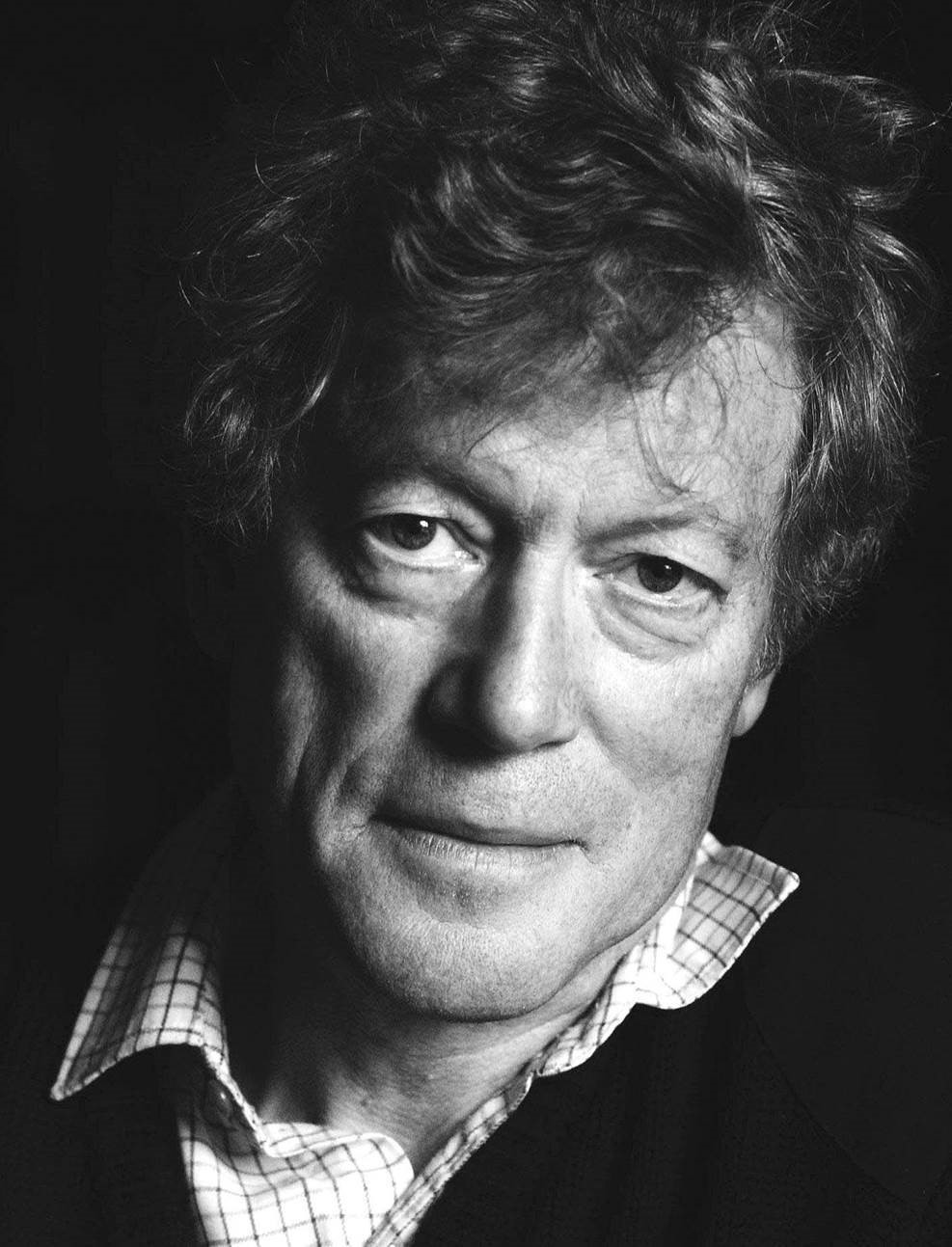 The death of Sir Roger Scruton on the 12 January 2020 marks the end of the career of one of Britain’s finest and most respected philosophers. The author of many fine books – not least, The Uses of Pessimism and the Danger of False Hope (2012) – his work was marked by the sort of courage and individual conviction so often lacking in the echo chambers of modern academia.
The death of Sir Roger Scruton on the 12 January 2020 marks the end of the career of one of Britain’s finest and most respected philosophers. The author of many fine books – not least, The Uses of Pessimism and the Danger of False Hope (2012) – his work was marked by the sort of courage and individual conviction so often lacking in the echo chambers of modern academia.
In his beautiful memoir Gentle Regrets: Thoughts from a Life (Continuum, 2005) he considers his own spiritual pilgrimage. In the final chapter he reflects on his return to the Christian Faith and his confession of the The Holy Trinity. He writes:
Moving to the country ten years ago I went out of curiosity to our local church, no longer as a thief but as a penitent. And because the little church announced the use of the Book of Common Prayer – in whose idiom my prayers are invariably expressed – I joined the congregation, and volunteered to play the organ. The truth contained in the words of Morning Prayer and Holy Communion is not directly there on the page, but revealed in the silence of the soul that comes from speaking them. It is a truth that reaches beyond words, to the inexpressible end of things.
Perhaps there is no more direct challenge to secular ways of thinking than the famous Hundredth Psalm, the Jubilate Deo, as translated in the Book of Common Prayer. It was by reflecting on this psalm that I came to see how its pure and unsullied idiom contains the answer … The psalmist enjoins us to be joyful in the Lord, to serve the Lord with gladness and to come before his presence with a song. It is a notable fact of our modern civilization, in which duties to God are ignored or forgotten, that there is very little gladness and still less singing. ‘Losing my Religion’ is a moan, not a song, and the idiom of heavy metal expressly forbids its followers to ‘join in’ when the music starts …
If, therefore, I am called upon to express my much-amended but nevertheless regained religion, it would not be in the penitential words of Little Gidding, nor in the self-centred cries of Rilke to his Angel, but in the tranquil words of the Jubilate Deo:
O be joyful in the Lord, all ye lands: serve the Lord with gladness, and come before his presence with a song.
Be ye sure that the Lord he is God: it is he that hath made us, and not we ourselves; we are his people and the sheep of his pasture.
O go your way into his gates with thanksgiving, and into his courts with praise: be thankful unto him, and speak good of his Name.
For the Lord is gracious, his mercy is everlasting: and his truth endureth from generation to generation.
[233-241]
This post was originally published at www.union.ac.uk and is used by permission.
Michael McClenahan is Professor of Systematic Theology at Union Theological College, Belfast and Executive Director of BibleMesh.
